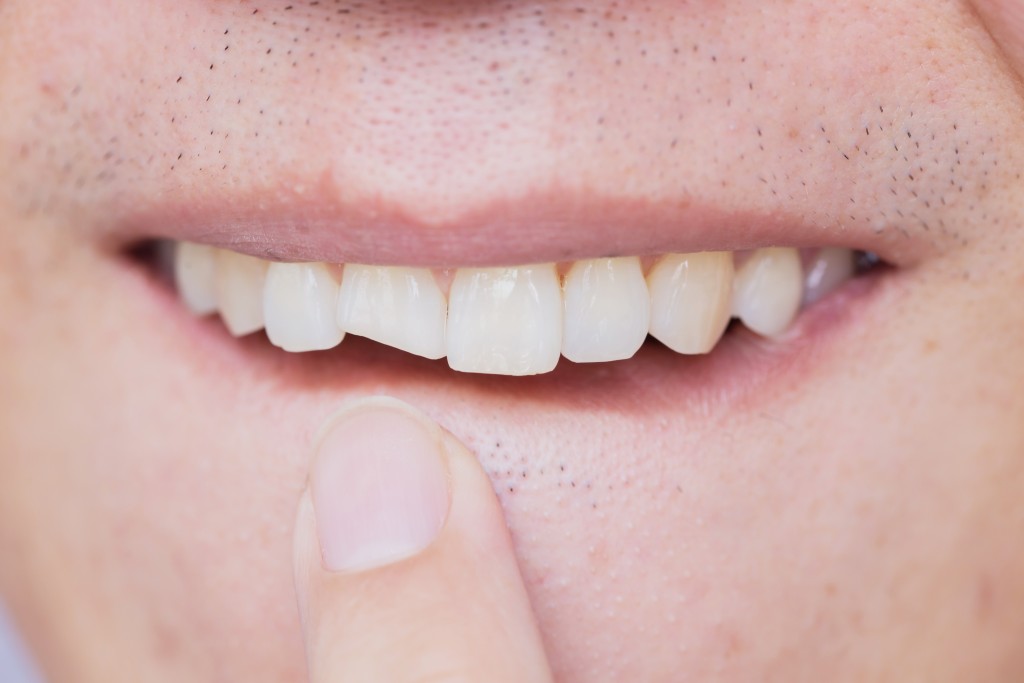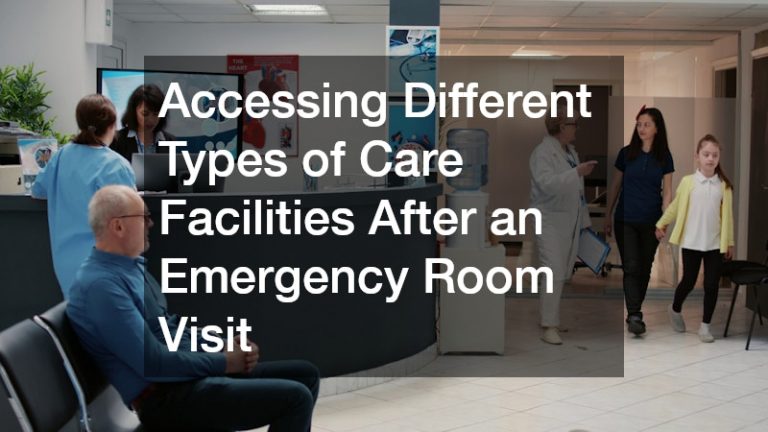If there is a list of the things that you don’t want to experience while traveling, a dental emergency is probably one of the items at the very top. Having a dental emergency can be extremely uncomfortable when you’re not on the go, so imagine just how much of a hassle it will be to experience one when you’re on vacation. Sounds awful, right?
Whether it’s a broken bonded wire retainer or a sudden toothache, a dental emergency can occur when you least expect it. Although thorough preparation cannot eliminate the risk of a dental emergency, knowing what to do just in case will reduce your discomfort.
Here are the following dental emergencies that can happen while traveling and what you need to do if you encounter them:
Toothache
Getting a toothache is the most common type of dental problem while traveling, especially if you’re traveling via plane (changes in air pressure). Although it is usually not a reason to panic, a toothache can be incredibly uncomfortable and will likely affect your travel experience entirely. After all, who wants to miss out on all the excellent food at your destination because of a toothache, right?
If the pain doesn’t go away even after you disembark from the plane, take a painkiller and see if that helps. Alternatively, you can floss your teeth to remove food that might be stuck in between or press an ice pack to your face to numb the pain. If the pain lingers, you might want to ask a local dentist to determine the problem.
Dislodged tooth
Getting a tooth knocked out is probably the worst thing that can happen to your teeth, especially when you’re on the go. If you do have the misfortune of getting a tooth dislodged entirely, here’s what you need to do:
- Don’t touch the tissue on the root; use the crown to hold the tooth between your fingers
- Rinse the root of the tooth if it’s dirty; don’t dry it with a tissue paper or cloth
- Place the tooth back into the socket, if possible. If not, place the tooth in a cup of milk
- Find an emergency dentist in the area and go there as soon as possible; the longer you wait, the lower the chances of saving the tooth

Broken or cracked tooth
A broken or cracked tooth requires immediate attention since it can cause infection or abscess when left ignored. If your tooth breaks or cracks, rinse your mouth with warm water and use a cold compress on the affected area to reduce swelling. Then, find a nearby emergency dentist as soon as possible.
Wisdom teeth
You’d be surprised at how fast wisdom teeth can start to erupt through gums. If this happens in the middle of a vacation, then you’re in for a real treat (not!).
A toothache caused by wisdom teeth is usually not a cause for concern, and you can probably wait until you get home to see a dentist. But if the toothache comes with a high fever and/or swollen jaw, seek emergency dental care immediately. An infection causes these symptoms due to contaminants entering the deep pockets of your gums.
Bleeding that won’t stop
If you get a cut in your mouth that won’t stop bleeding even after 15 minutes of pressing a piece of cloth or tissue to it, go to a dentist or the emergency room for immediate treatment. Keep applying pressure to the wound on the way to the treatment facility and avoid doing things that can aggravate the injury, such as talking or spitting. Mouth wounds that won’t stop bleeding usually require stitches, as well as other professional treatment.
If you want to prevent dental emergencies while traveling, here are some things to bear in mind:
- Be aware of your oral sensitivities and potential dental issues by getting regular check-ups.
- Bring over-the-counter NSAIDs and oral anesthetic gels, especially if you are prone to toothaches.
- Pack a lot of dental floss, toothpaste, mouthwash, and an extra toothbrush just in case.
- Avoid eating foods that are dangerous for teeth such as caramel, hard candy, popcorn kernels, and other hard/sticky foods.
- Brush and floss your teeth at least twice a day. If you can’t brush your teeth after a meal, drink a glass of water to flush your mouth from food residue.
- Protect your mouth when doing risky activities that can harm your teeth.
Do you have more tips for caring for your teeth while traveling? Leave them in the comments below!




